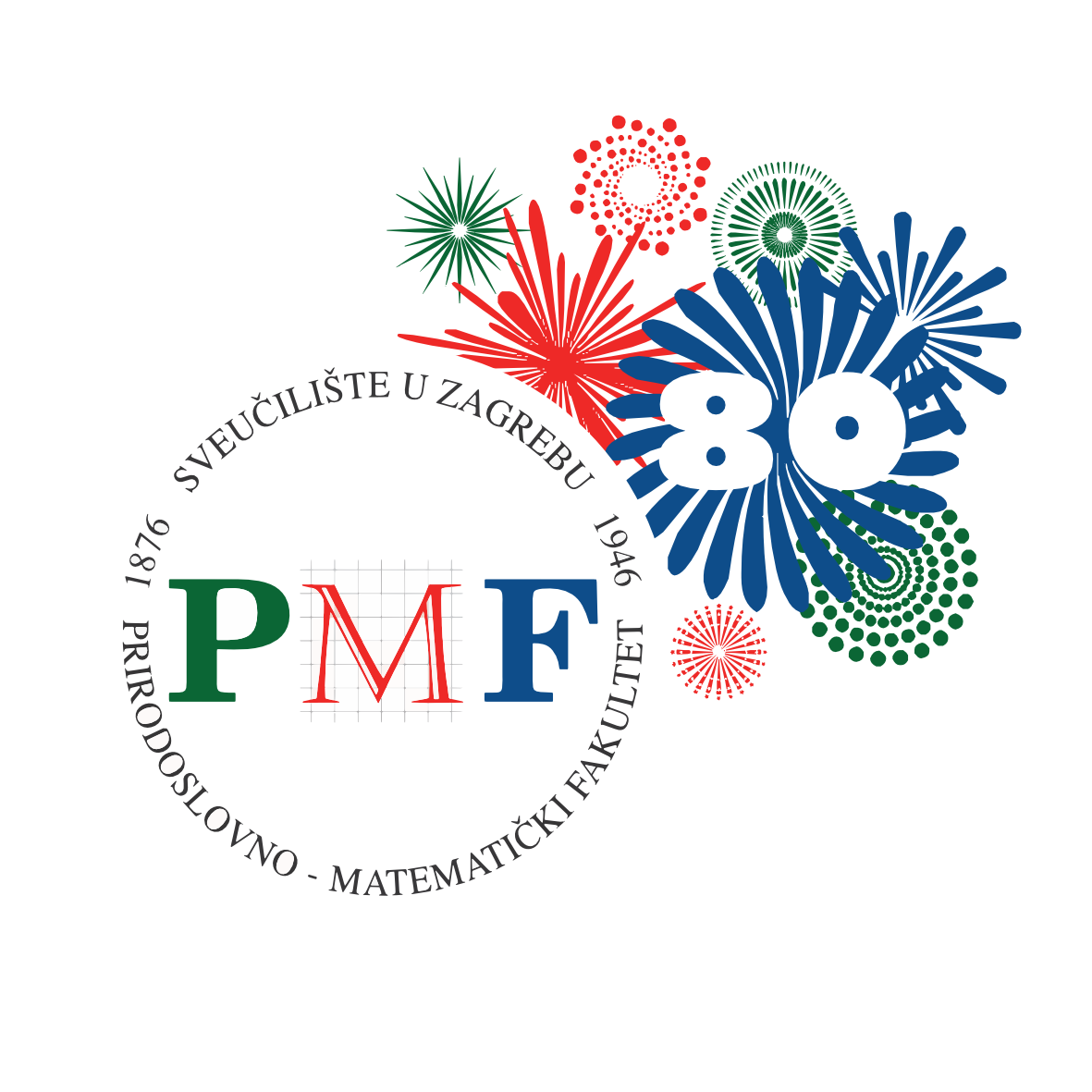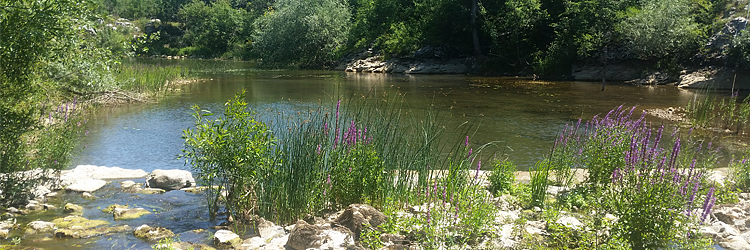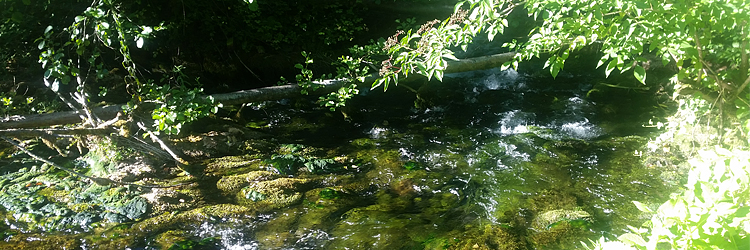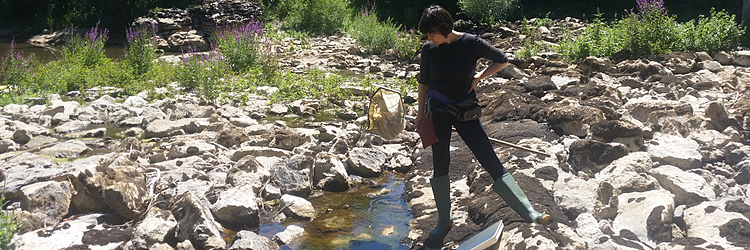Supported by Croatian Science Foundation
Project leader: Prof. Mladen Kučinić, PhD - Faculty of Science, University of Zagreb.
Project duration: 48 months
Accurate identification of species is fundamental for research in the fields of taxonomy, biogeography, phylogeny, phylogeography and conservation biology as well as for biodiversity assessment. However, in many animal groups, especially some groups of invertebrates and particularly in their immature life stages (i.e. larvae of insects), it is often extremely difficult or even impossible to recognize species using morphological approaches. To overcome those problems, DNA barcoding was proposed in 2003. as a universal system for assignment of specimens to a particular species but also as a tool for recognition of yet undescribed morphologically indistinguishable cryptic species. The method is based on the sequencing of standardized, ~650 bp long fragment of the mitochondrial cytochrome c oxidase subunit 1 gene (COI).
Geographically located in the Western Balkan and Mediterranean basin, Croatian territory has great habitat diversity and represents one of the European biodiversity hotspots. High biodiversity index is direct consequence of very diverse habitats, climatic and hydrological features as well as complex geological history of the region. Many animal groups have been inadequately investigated and underrepresented in the faunistic studies, and especially in the cases of morphologically very similar species. Several recent reviews pointed out on a number of erroneous determinations regarding Croatian fauna.
The primary goal of the proposed research project is to investigate the amount and geographic distribution of the genetic biodiversity of selected groups of Croatian fauna by using DNA barcoding methodology, flagging species for further rigorous taxonomic, phylogenetic and phylogeographic studies.
Additionally, the generation of DNA barcodes for the large number of Croatian animal species will greatly contribute to more precise whole Croatian species inventory which according to the Biological and landscape diversity strategy represents a high priority activity. Establishment of such national library of genetic biodiversity will certainly contribute to the recognition of Croatian identity on the global level and enriching international data basis (BOLD and GenBank) with DNA barcodes of not yet represented taxa and taxa from this underrepresented geographic region. In the frame of the proposed project the priority will be given to potentially taxonomically especially interesting groups, that have taxonomic expert among project collaborators.
Animal groups included in the Project: Bivalvia, Arthropoda - Chelicerata: Pseudoscorpiones, Scorpiones, Acari - Ixodidae; Crustacea; Hexapoda, Insecta: Diptera - Culicidae, Tabanidae, Sacrophagiidae, Ephemeroptera, Plecoptera, Mantodea, Coleoptera - Carabidae, Elmidae, Hydraenidae, Megaloptera, Lepidoptera, Trichoptera, Amphibia, Reptilia.

 Pristupačnost
Pristupačnost


